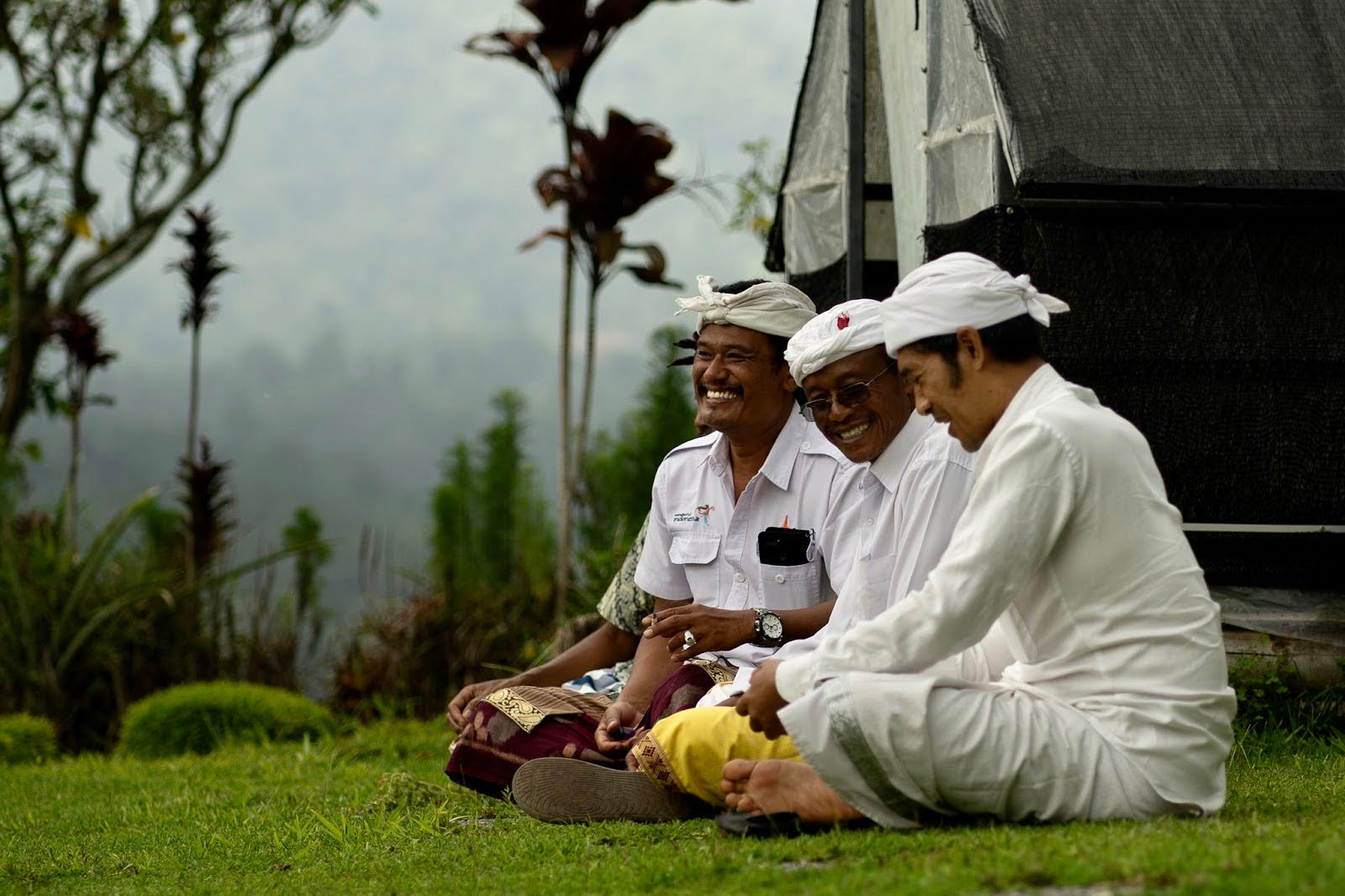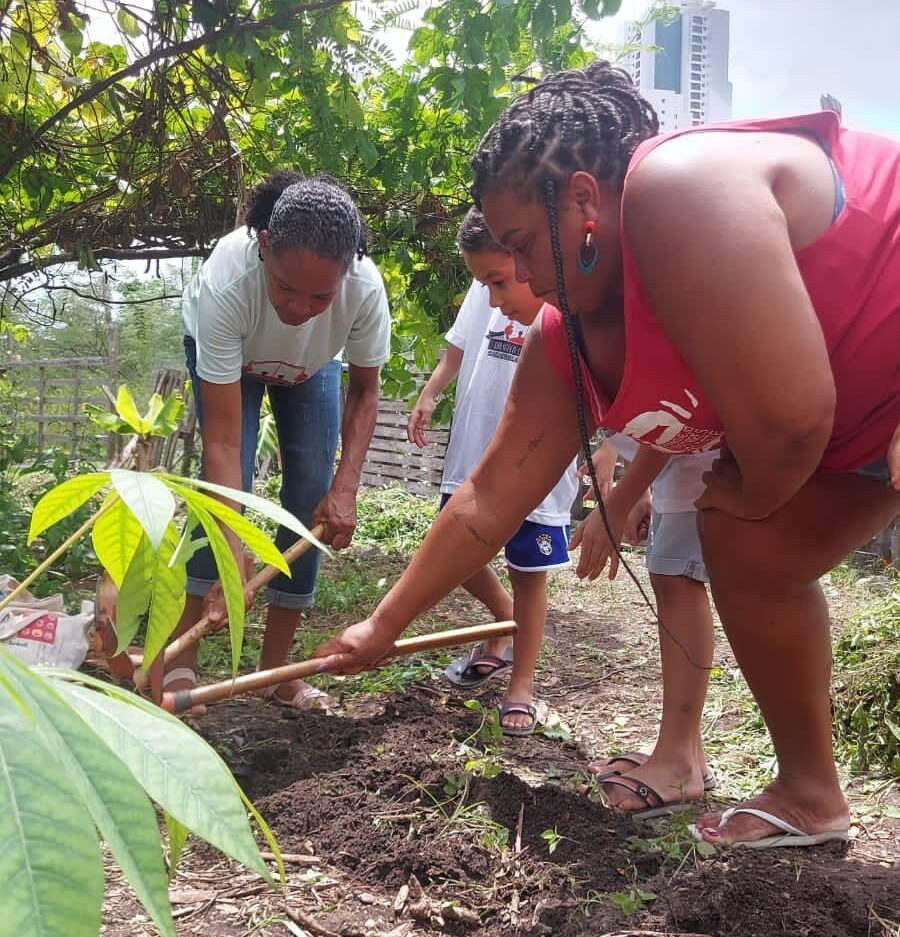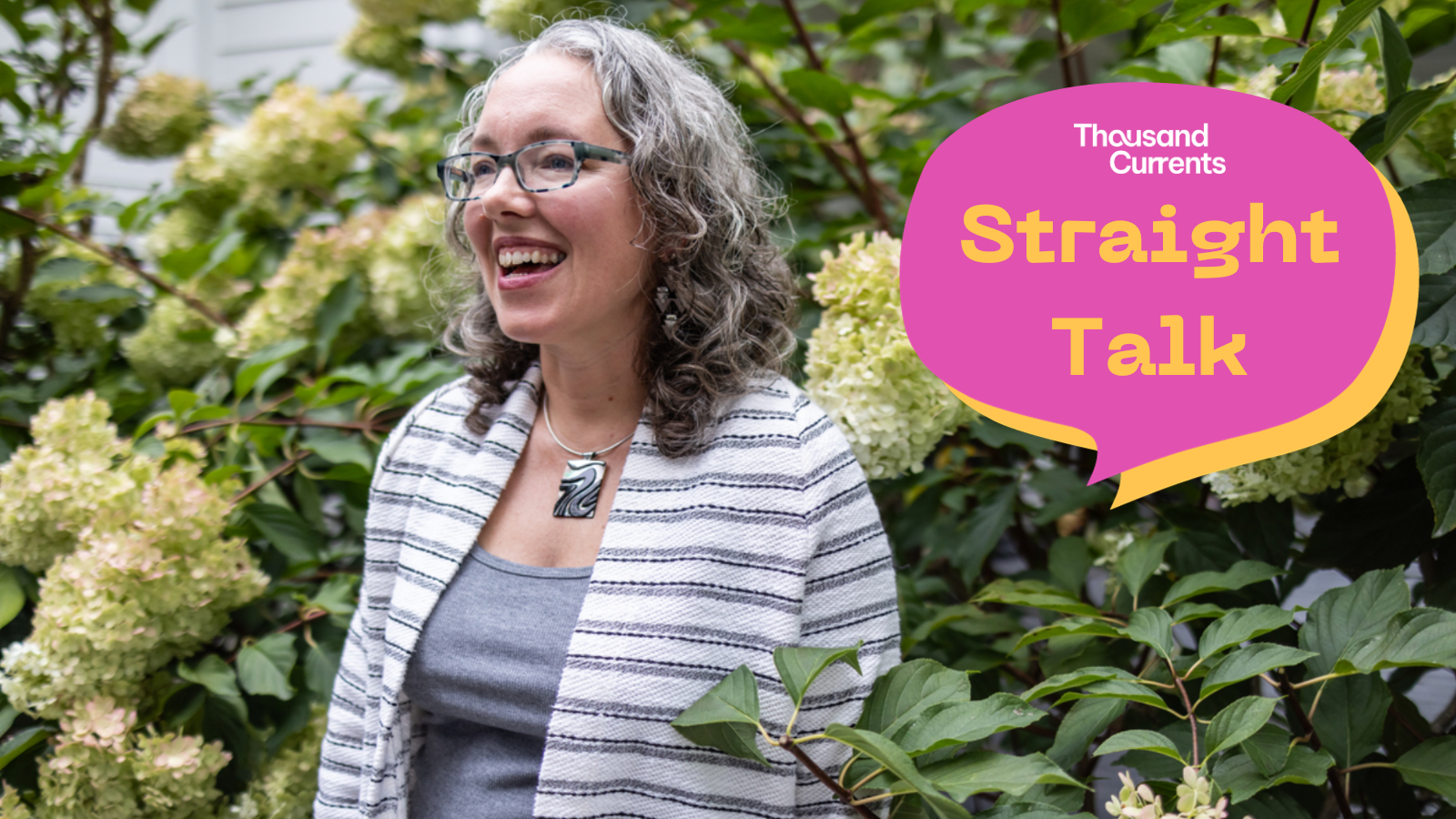Seeing through the Illusion of American Exceptionalism

Available in Espanol, عربى, Português, and Française.
Just over 24 hours have passed since the world watched in horror as a hate-filled mob, incited by the president and his enablers, stormed the Capitol in Washington, DC. The symbolic representation of American democracy was sieged and desecrated in real time by the very people who claim to love it. Their violent actions illuminated what many Black, Indigenous, and people of color have long known: white supremacists will do whatever it takes to maintain power, even when such actions destroy the bedrock institutions of this country. While the images were shocking, I was not surprised. Yesterday was the culmination of centuries of white supremacy — genocide, slavery, Jim Crow, concentration camps, the so-called war on drugs, mass incarceration — and four recent years of incendiary incitements. Just as I was beginning to feel joy from Georgia’s decisive choice to elect the state’s first Black and Jewish Senators, through organizing led largely by Black women working across movements and coalitions, I instead found myself glued to my screen with disgust and anger. I witnessed the fundamental flaws in the American collective psyche and white privilege on perfect display, in all its forms. From the sanitized language to the de-escalation by police, no one could ignore the rights denied to the likes of Breonna Taylor, George Floyd, Tony McDade, or countless others.

I heard a familiar media chorus decrying the events with shock, proclaiming that this is not who we are. CNN’s Jake Tapper, in conversation with correspondants, stated, “It’s surreal, I feel like I’m talking to a correspondent reporting from Bogota.” He was not alone. There were far too many influencers saying this is what happens in South America, Africa, and the Middle East — not in America. For those of us who come from other countries or work globally, these racist and orientalist takes are nothing new. In fact, I entered philanthropy precisely to counter such damaging and misleading tropes. Nonprofit and philanthropic sectors have long believed in racist white savior narratives, and that false sense of identity is something Thousand Currents works to undo and address every day.
Yesterday served as yet another reminder about the deeply held conviction that America is special. This idea of American exceptionalism holds that America is the beacon of democracy, that the United States alone holds the moral authority of global democratic leadership, and that what happens in other places cannot happen here. Our political leaders, our media, our philanthropic colleagues, and even our own friends and family believe in this myth and use it as false comfort when the truth is too difficult to bear. Former President George W. Bush stated, “It is a sickening and heartbreaking sight. This is how elections are disputed in a banana republic—not our democratic republic.”
These proclamations perpetuate the harms caused by the myth of exceptionalism. Characterized by political instability and economic dependency, a “banana republic” is, ironically, precisely what American corporations intentionally did to wreck Central America in the last two centuries. Yet here we are today, unable to acknowledge U.S.complicity in seeding violence around the world, and right here at home. Yesterday’s events are as American as its legacy of white supremacy.
Insurrections, uprisings, and revolutions have happened across time and space. This very country has been implicated in funding regimes and regime change, intervening in conflicts, and intentionally working to destabilize countries—all under the guise of democracy. According to Dov Levin, Professor of International Relations at the University of Hong Kong, the United States has intervened in 81 foreign elections between 1946 and 2000. Did anyone really believe that the seeds of violent, anti-democratic behavior Americans have sown globally would not be harvested on our streets? Yesterday was simply the latest representation of who this country has always been: a place where white privilege is protected and where the rules are applied differently depending on the color of your skin.

The myths Americans tell ourselves about being better, different, and special are no longer serving us. They protect and preserve power and oppression. They distort truth and obstruct our ability to show up as part of a global community. And, they are an unmistakable act of violence against Black and Indigenous peoples of this land as well as the many places in the Global South that have experienced U.S.-led destabilization, violence, and conflict.
Democracy is under threat everywhere. But there is reason for hope. In the long arc of history, it is grassroots organizing and social movements working for justice and equity that have carried the mantle of democratic leadership and transformation. Led by frontline communities, grassroots groups are working to protect and preserve the same freedoms we see under attack. It may have been centuries since we last witnessed anything like yesterday’s events in the United States, but I fear this is just a new layer to the ongoing democratic crisis in this country.
Now more than ever, I am reminded that the fragility of democratic institutions and systems knows no exceptions or boundaries. Those of us on the side of justice, equity, dignity, and rights need to buckle up and do our part. First, divest from the notion that Americans are exceptional and different. Second, challenge racist narratives that uplift American exceptionalism in drawing false comparisons with the Global South. Third, invest in frontline communities who are centering collective liberation and love in their movement work in the U.S. and around the world.

The Global North needs to reckon with our racist history and acknowledge that the custodians of freedom, democracy, and equality are Black, Indigenous, and people of color in the U.S. and around the world. From the North to the South, the social movements led by these frontline communities can guide us through this generational crisis of ethics and leadership. We must stand behind BIPOC movements in this country, and build solidarity bridges with movements around the world working for our collective freedom.
As a public foundation that supports grassroots organizing and movements in the Global South, Thousand Currents has the honor of partnering with those who are building power from below. In light of yesterday’s horrific events, we strengthen our commitment to our grassroots and movement partners who understand that change requires the interconnected transformation of social, economic, and political systems of oppression. We will continue our work to foster internationalist connections and honest dialogue that can break down the barriers of borders and exceptionalism. Our struggles for rights, justice, equity, democracy, and freedom are global, and they are intertwined. So too are our solutions.
– Solome Lemma, Executive Director of Thousand Currents
Related Stories



